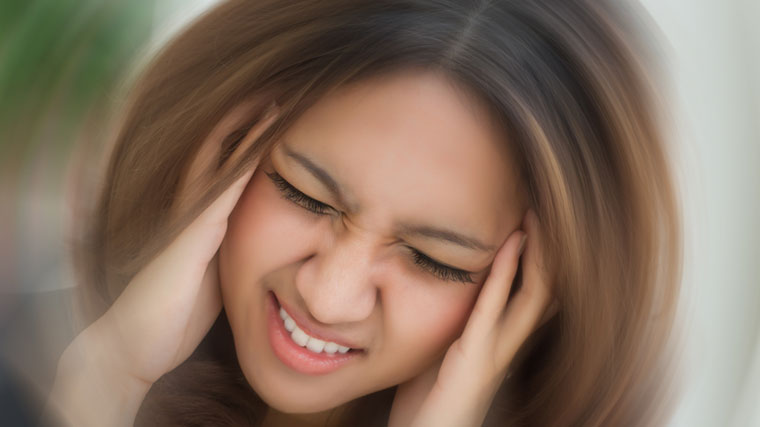Meniere’s Disease: Puzzling Disorder Of the Inner Ear

Answer a few questions and we'll provide you with a list of primary care providers that best fit your needs.
It’s not contagious, and it isn’t fatal, but Meniere's (men-years) disease can be debilitating. It’s a disorder of your inner ear that can cause severe dizziness, a roaring sound with pain or pressure in your ear, and loss of hearing. Although doctors can’t say for sure, they believe it results from abnormal fluctuations of the fluids in your inner ear, explains Dominik Greda, MD, an ear, nose and throat (ENT) specialist. “Although we really can’t say what causes the fluid to build up,” he adds.
What Are the Symptoms?
Symptoms of Meniere’s disease come and go, and usually last between 20 minutes and two hours. Many times patients experience symptoms for three to five years before being formally diagnosed. The most common symptoms are:
- Dizziness that feels like you’re spinning. This results in problems with balance and feeling unstable while walking. Nausea, vomiting, or sweating can also result from a dizzy episode.
- Feeling fullness in one or both ears
- Tinnitus (ringing or roaring in one or both ears)
- Hearing loss, especially the inability to hear low sounds. For most patients, this hearing loss is temporary.
Although it’s more common to have symptoms in just one ear, “up to half of patients will have symptoms in both ears within two years,” Dr. Greda explains.
Am I At Risk?
It’s hard to predict who will get Meniere’s disease. But here’s what doctors know:
- “Meniere’s disease can occur at any age, but symptoms typically show up between the ages of 20 and 40,” says Dr. Greda.
- “We see some cases clustered in families. Genetics seems to play a role in up to 15 percent of patients,” he explains.
- “Migraines are more commonly found in people with Meniere’s disease than in the general population,” says Dr. Greda, “although it’s unclear if this has anything to do with the cause.”
Eric Clapton, Huey Lewis, Ryan Adams, and Kristen Chenoweth are all well-known musicians who suffer from Meniere’s disease.
How Is It Treated?
Treatment for Meniere’s disease may include one or all of the following, depending on your symptoms:
- Medications. Typically diuretics (also known as water pills) are prescribed along with a medication to eliminate vertigo and restore your balance.
- Vestibular rehabilitation. This specialized rehab uses exercises to improve balance. The exercises may reduce the severity of your attacks, reduce your risk of injury, and teach you to maintain your balance if you have problems between episodes.
- Positive pressure therapy. Pulses of air are delivered to your middle ear from a small device that fits into your outer ear.
- Lifestyle changes. Your doctor may also ask you to stop smoking, limit salt in your diet, and eliminate caffeine and alcohol. All of these substances can affect the balance of fluid in your inner ear. And because it is believed that stress can cause an attack, it’s important to make changes to your lifestyle to reduce stress and/or learn how to manage stress as it occurs.
- Surgery. Medications injected into your middle ear, or surgery, are more aggressive treatments that are sometimes recommended if other treatments aren’t successful.
Is It Curable?
Treatment improves or relieves the symptoms of Meniere’s disease in most patients, but it doesn’t cure the underlying problem, so there is no cure at this time, explains Dr. Greda. Treatment focuses on:
- Reducing the frequency and the severity of your vertigo attacks
- Reducing or eliminating your tinnitus
- Avoiding hearing loss that can occur with severe attacks
“With treatment, up to 90 percent of patients with Meniere’s disease are able to maintain normal, daily activities,” explains Dr. Greda. “And between 90 and 95 percent have good control of vertigo attacks.”
Answer a few questions and we'll provide you with a list of primary care providers that best fit your needs.
Source: Dominik Greda, MD, Premier ENT Associates




